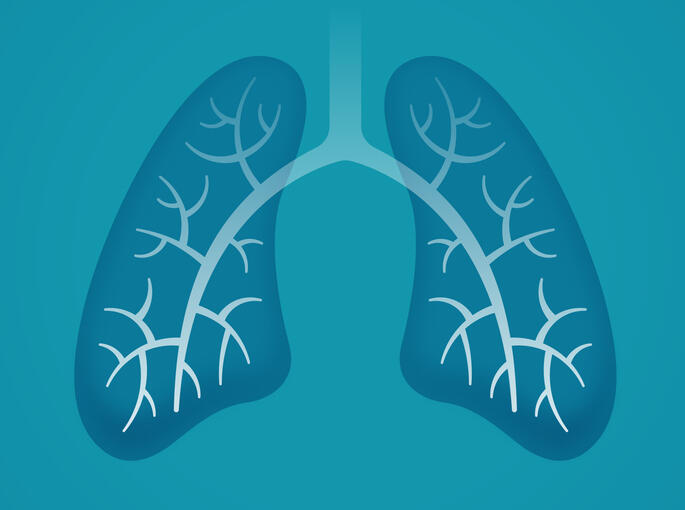
A new experimental model that more accurately replicates the impact of respiratory infections on the lungs and upper airways has been developed through an industry academic partnership supported by the Infection Innovation Consortium (iiCON).
Led by founding Director, Professor Janet Hemingway CBE of LSTM, iiCON bridges the gap in the infection innovation ecosystem between industry, academia, and the NHS to accelerate and support the discovery and development of innovative new anti-infectives.
The consortium proactively identifies and engages with the most innovative companies working in the sector globally. iiCON forges long-term collaborative relationships with these organisations and facilitates impactful partnerships that accelerate and enable innovative research and product development – bringing the next generation of game-changing new products to market more quickly, safely, and affordably.
Through iiCON-supported innovation brokerage, a new collaborative partnership was formed between investigators based at LSTM and Newcells Biotech, a Newcastle based provider of in vitro models supporting the BioPharma industry in pre-clinical drug discovery. The partnership established and validated an experimental lung and upper airways organoid SARS-Cov-2 infection model. The model replicates the physiology of respiratory infections, including coronavirus, more closely and is part of a broader diverse range of research and innovation initiatives led by iiCON.
Professor Giancarlo Biagini, iiCON workstream lead for humanised organoid development and Head of the Department of Tropical Disease Biology at LSTM, co-developed the SARS-CoV-2-lung organoid infection model with colleagues at LSTM including Dr Grant Hughes. The model will provide a more accurate and physiologically relevant picture of the impact of coronavirus and other upper respiratory infections than current in-vitro screening.
The results of the collaboration are described in a paper published in the journal STEM CELLS.
It is the ambition of the study that the model will be used operationally by the scientific community for compound screening – ultimately creating new, more targeted treatments for respiratory infections, including COVID-19.
Current management of COVID-19 is supportive, and respiratory failure from acute respiratory distress syndrome is the leading cause of mortality. In view of this, there is an urgent and currently unmet need for model systems that can function as high-throughput preclinical tools for the development of novel, effective therapies for COVID-19 and other respiratory infections.
Professor Janet Hemingway, iiCON Director, said: “iiCON worked closely with Newcells Biotech to support the development of this cutting-edge new model – which creates a replicable model that will support the development of new therapeutics for key respiratory infections.
“This study is a brilliant example of the co-innovation and collaboration that iiCON is working to embed to support the creation of new drugs, vaccines, and diagnostics that will help to tackle future pandemics, combat resistant infections, and ultimately, lessen the global burden of disease.”
Professor Biagini said: “We are delighted with the results. The SARS-CoV-2-lung organoid infection model that has been developed in partnership with Newcells Biotech paves the way for broader studies of viral airway infection using a system that can easily be replicated. This will support and accelerate the development of treatments and responses to some of the most challenging respiratory infections, including Coronavirus.”
Professor Lyle Armstrong, Chief Scientific Officer at Newcells Biotech said: “The infected model cells also secreted cytokines at levels corresponding to the behaviour of the airway epithelium in the body following SARS-CoV-2 infection. Our protocol not only simplifies the manufacture of cellular models of the human upper airways, but it has a distinct advantage in that we have eliminated the need for primary samples that differ in genetic backgrounds. Our next step will be to expand on this model by including immune cell components.”
The iiCON consortium comprises LSTM, Liverpool University Hospitals NHS Foundation Trust, Unilever UK, the University of Liverpool, Infex Therapeutics, and Evotec at Alderley Park, Cheshire.